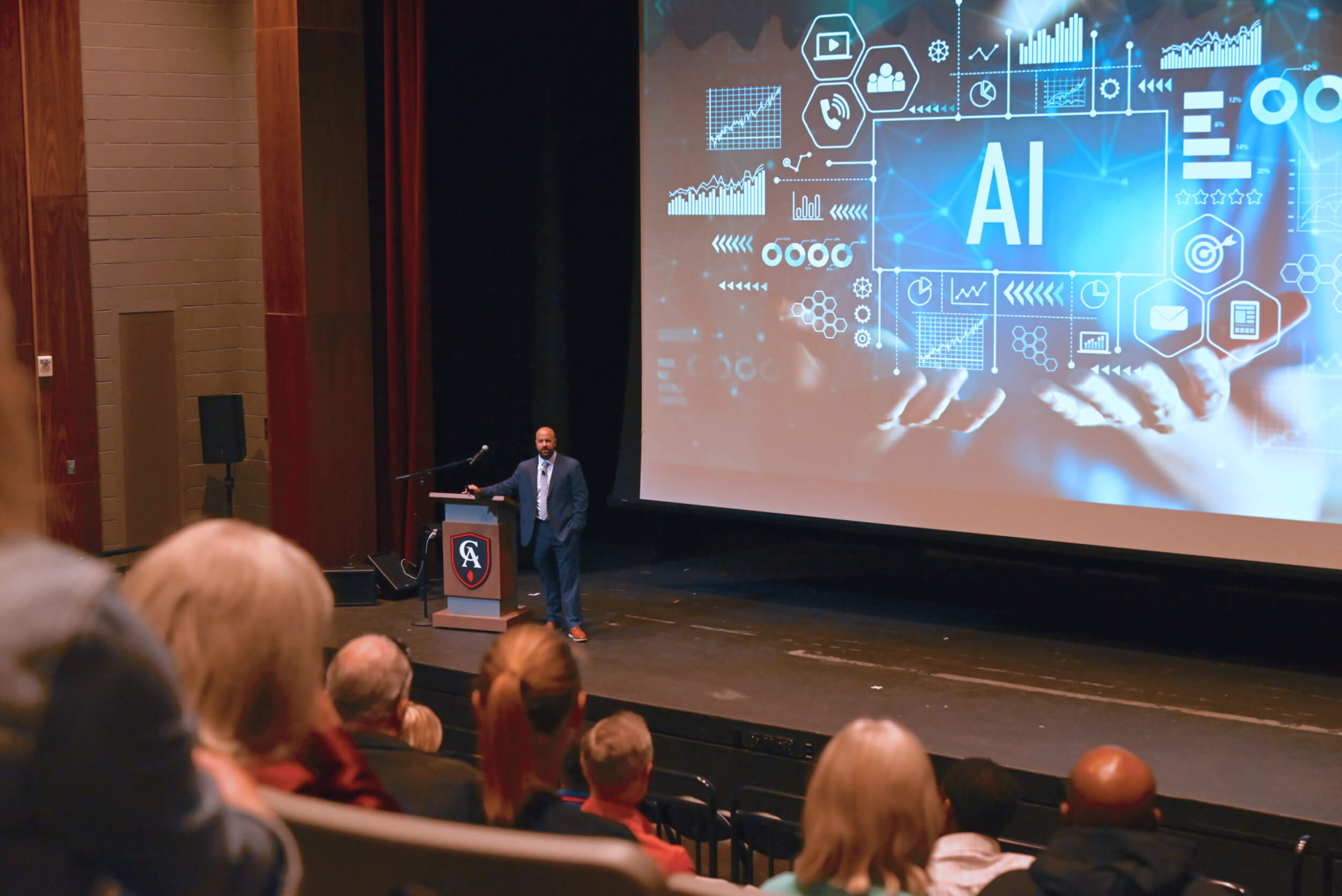Noted author and educator A.J. Juliani spoke to more than 100 parents and guardians and to a capacity audience of Upper School students and faculty in the Leach Center for the Performing Arts on September 13. His topic was “Learning in the AI Age,” a subject which, as Head of School Dr. Mike Davis noted in his introduction, Colorado Academy faculty, staff, students, and families are eagerly deliberating as we envision the future of education.
“For some in schools,” Davis acknowledged, “artificial intelligence inspires trepidation; the worries about cheating are rampant. But my position and that of CA is that we need to embrace this new technology and spend time thinking about it critically and creatively with our students and teachers to actually improve learning for everyone.”
Still, Davis continued, “The potential for real harm is there, and that’s why, in addition to rolling out our new policy around AI and academic integrity, we are going to continue to look carefully at how it’s being used in our community and how we can ensure it remains a force for good.”
Juliani’s visit was part of that ongoing work. The Wall Street Journal and USA Today bestselling author of Adaptable, Juliani is on the faculty of the University of Pennsylvania Graduate School of Education and a former school district Director of Learning and Innovation. He works with educators, schools, businesses, and other organizations around the country to inspire innovation and creativity at every level.
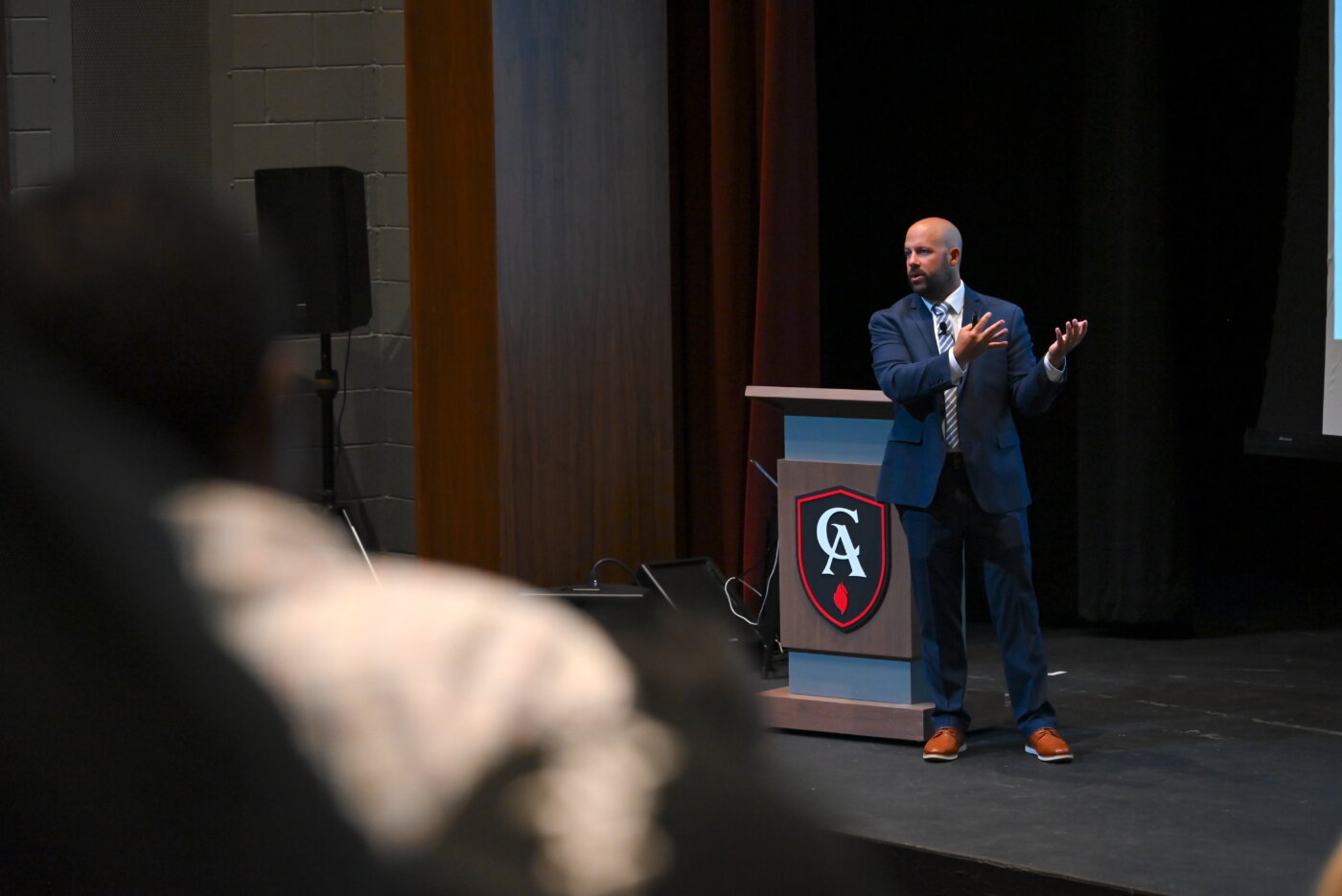
AI, he believes, can provide new avenues for creativity, learning, and empowerment—and it is up to the ethics and principles we decide on together that will drive its adoption. Students, entrepreneurs, and others are already using AI to make the world a better place, and the technology clearly has the power to fuel new breakthroughs in fields as wide-ranging as science, medicine, business, and art.
But the challenges for schools are real. As a parent of five children ranging from a two-year-old to a high schooler, as well as a teacher and education consultant, Juliani has witnessed from almost every angle dramatic changes affecting schools in just the past few years: COVID-19 and the rise of remote learning, increasing politicization of the classroom, teacher burnout, and now AI.
“Teaching is a challenging job,” he says, “and it’s more challenging now than it’s ever been.” With an ever more nuanced understanding of children’s individual learning needs, the advent of social media, and the corresponding rise in mental health issues among young people, the role of teachers has only become more complex. “But soon, our students are going to have artificial intelligence as a learning partner, a tutor, an assistant, someone who’s always going to be with them.”
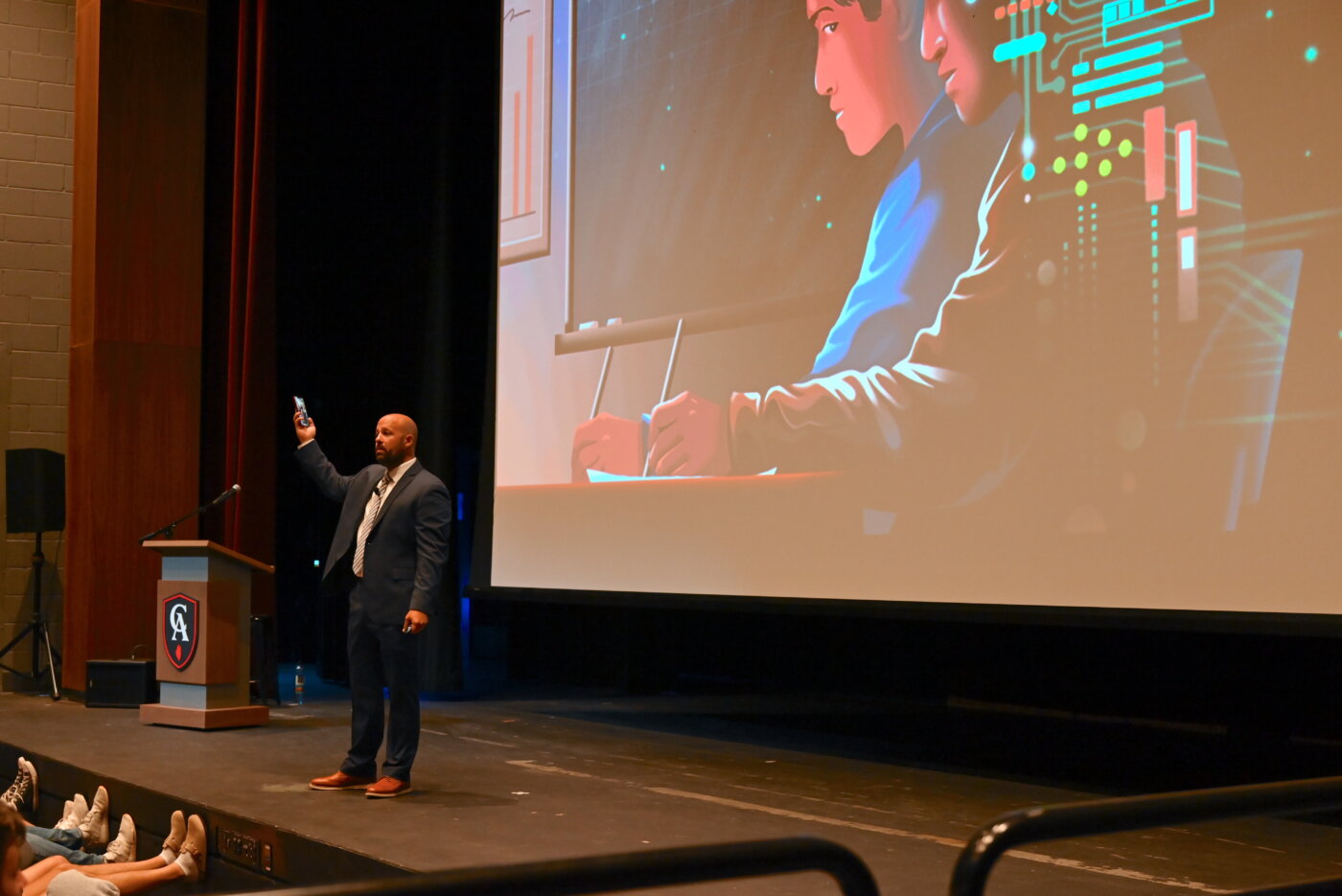
Yet the essential elements that truly engage students in their education have not changed with the arrival of new technology. “Children still need education that is human, social, meaning-centered, and language-based. The question for us as parents and educators is what does that look like in today’s world?”
Juliani posits there are several “shifts” we have to make in order to successfully align those unchanging requirements for a high-quality education with the technological possibilities of AI.
The first shift is from distraction to caring. “In a landscape where kids’ attention is more divided than ever, and where students are under pressure to play the ‘game of school’ by focusing on success through traditional assessments and grades, it’s no wonder they are already turning to AI as a shortcut,” Juliani explained. “The only reason students will refrain from that is if they care about what they are learning. School needs to be meaningful and relevant—not ‘compliance-based,’ where students are rewarded only for getting the right answer. AI can actually accelerate learning by giving students more time and freedom to engage in what they’re studying.”
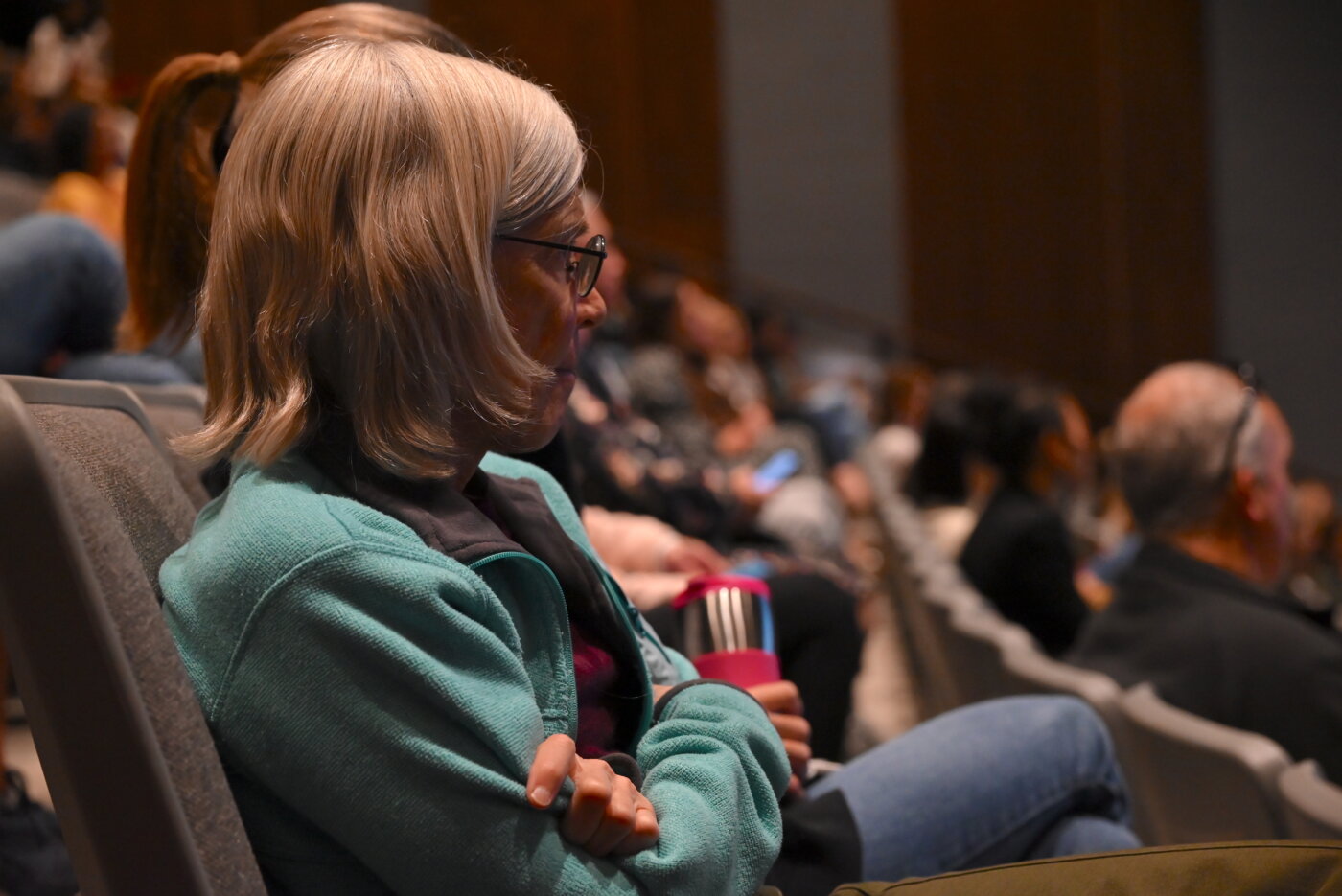
The second shift is making the rules of AI engagement explicit. “Students are already getting help from AI—it’s called having caring parents at home, or working with a private tutor. Now, with AI as the ‘great equalizer,’ we can come to an agreement about how much of that kind of help is allowed on each assignment.”
Third is learning to see AI as an assistant or guide to extend learning into areas not possible to cover in a traditional curriculum. Examples include using science concepts to solve a local distribution problem being felt by people with food insecurity, or applying mathematics to an air-traffic control challenge.
Fourth, Juliani emphasized the importance of authentic, personalized, and unmistakably human learning—and the role AI can play in facilitating it. “AI and other new tools allow us to give kids choice and give them agency, which are essential. It can help connect their learning to the things they’re interested in and passionate about. When we give students a reason to learn, and allow them to become invested in their own experiences through struggling and failing, then real learning can take place.”
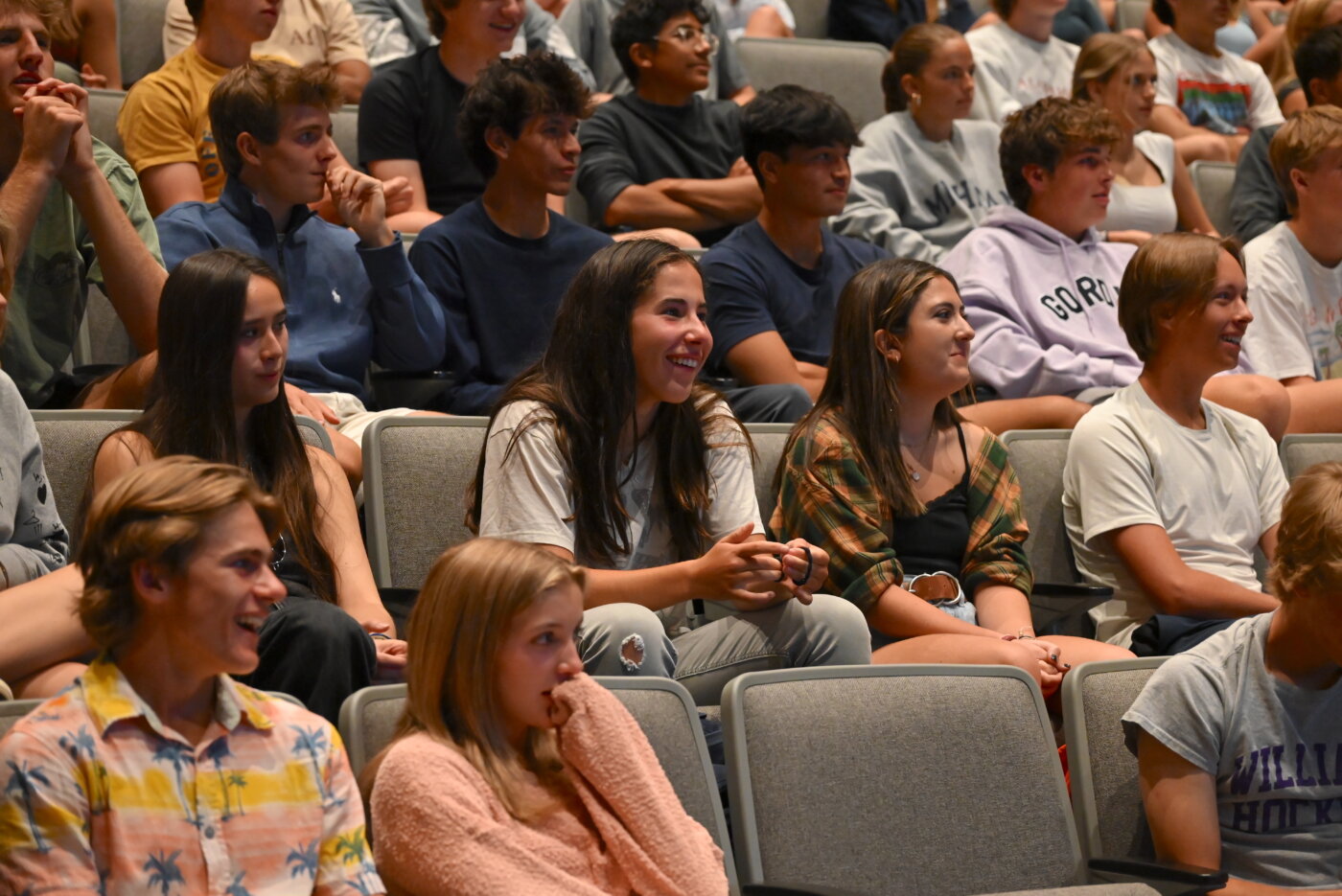
Speaking with Upper Schoolers after his presentation for parents and guardians, Juliani reiterated the critical role that caring about learning occupies in the successful use of AI in schools. “If all we do with AI is try to play the ‘game of school’ better—earn the grades we think we have to have even when there’s more distracting us from learning than ever—then AI will never help us be better. But if we accept the idea that caring, struggle, and even failure are essential to learning, then maybe there’s a way we can use this new technology for good.”
AI is already changing education, Juliani said. It’s up to teachers, students, and families to ensure those changes help prepare young people for a future we can only imagine.
